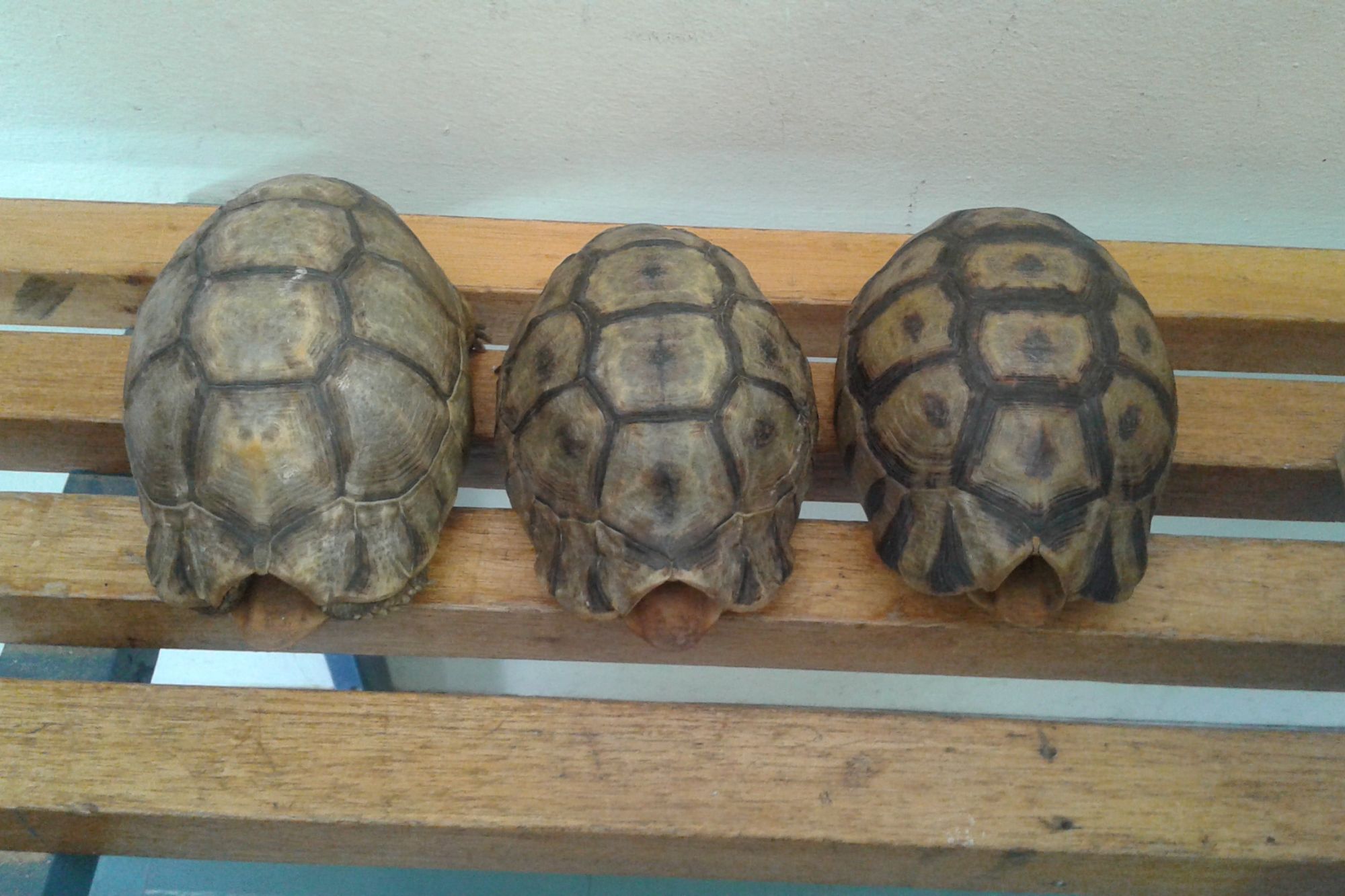Biodiversity Crime in the Western Cape: the Threat to Our Indigenous Reptiles
In this series on biodiversity crime, we take a closer look at our indigenous fauna. Much of the illegal harvesting and trade of indigenous reptiles is driven by the demand for exotic pets, both locally and internationally. These animals are often captured in the wild, causing damage to the targeted animals as well as their natural habitats and ecosystems.
Capture methods are often inhumane, leading to injury or death. The Humane Society of the United States research into the reptile pet trade showed that, in general, 90% of all reptiles captured in the wild will die within their first year of captivity. It is important to remember that these reptiles are protected by law, and it is illegal to collect, trade or possess them without the necessary permits. Wild animals should be left in the wild.
Of the reptiles of the Western Cape, the most targeted for trade are indigenous lizards and tortoises. South Africa is home to twelve land tortoise species, nine of which occur in the Western Cape. These reptiles are a unique and vital part of our province's biodiversity. They play a crucial role in maintaining the delicate balance of ecosystems.
CapeNature is committed to protecting the unique and diverse biodiversity of the Western Cape at both a species level and at a broader ecosystem level. CapeNature works actively with partner organisations in law enforcement as well as officials at ports of entry and landowners.
We urge the public to help us combat biodiversity crime by reporting any suspicious activity related to the illegal collection and trade in indigenous succulent plants and reptiles to the nearest police station or CapeNature on 087 087 9262 or contact the CRIME STOP TIP-OFF-LINE on 086 00 10111.

Angulate Tortoises
Armadillo Girdled Lizards





